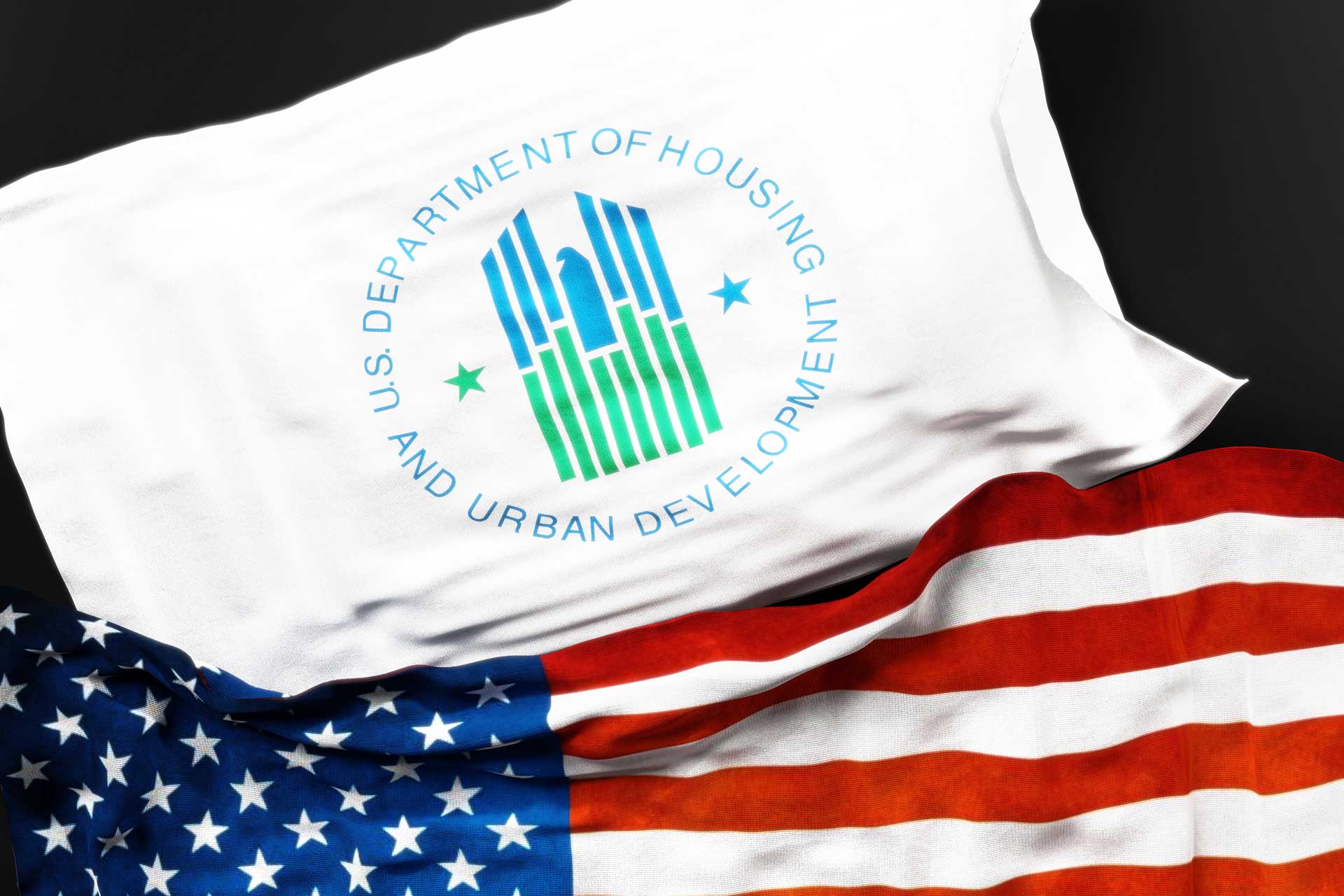Earlier this year, we reported on Governor Hochul’s Commission to Study Reform of the Alcoholic Beverage Control (ABC Law) in an attempt to modernize the state’s liquor laws (some of which purportedly date back to the end of the Prohibition Era in 1933). In May of this year, the commission released a 192-page report containing proposed changes, but the state’s legislative session ended without any updates. That changed in mid-October when Governor Hochul signed a handful of bills.
On October 14, Governor Hochul amended six pieces of legislation that took effect immediately, including:
- Legislation S.2854/A.7305 Expands Hours of Operation for Liquor and Wine Stores on Sundays Up until the change, liquor stores were limited to open at 12 p.m. Starting October 16th, sales are allowed from 10 a.m. to 10 p.m., leveling the playing field with bars and restaurants. (This is one of the 18 changes recommended by Governor Hochul’s Commission in May.)
- Legislation S.5731/A.6941 Allows for the Retail Sale of Beer on Sundays Now, beer, mead, braggot, and cider may be sold any day of the week, including Sunday. (Previously, sales for off-premises consumption were not allowed between 3 a.m. and 8 a.m. on Sundays.)
- Legislation S.6443/A.6135 Lengthens the Duration of a Brewer’s License Previously, brewers were required to renew their license once a year. Now, that law has been updated to require renewal once every three years, reducing administrative burdens on brewers, while promoting equity between brewers and other alcohol producers that were only required to renew once every three years.
- Legislation S.3364A/A.2902 Authorizes the Use of a Pressurized Mixing and Dispensing System So businesses can prepare and keep drinks that contain alcohol in pressurized dispensing machines.
- Legislation S.3567A/A.6050A Permits the Sale or Promotional Gifting of Certain Complementary Products for Wine and Spirits As a result, retail stores can sell complementary gift and promotional items related to wine and spirit sales.
- Legislation S.6993A/A.7688 Relates to Licensing Restrictions for On-Premises Alcohol Consumption for Manufacturers and Wholesalers of Alcoholic Beverages at Specific Locations This expands the list of premises exempt from laws restricting manufacturers/wholesalers and retailers from having a shared interest in a liquor license.
(It is important to note that some counties may have stricter rules. It is always in your best interest to consult legal counsel with questions.)
In the press release announcing the legislative changes, Governor Hochul said, “Across New York, breweries, distilleries, and other alcoholic beverage businesses are creating jobs and expanding economic opportunity. I’m proud to sign this legislation that will modernize the laws governing the sales of alcoholic beverages in New York.”
We hope your business benefits from these changes and that there will be more to come. Stay tuned! In the meantime, please remember RBT CPAs is here to help with your accounting, tax, audit, or business advisory needs. Interested in learning more? Give us a call today.
RBT CPAs is proud to say 100% of its work is prepared in America. Our company does not offshore work, so you always know who is handling your confidential financial data.



